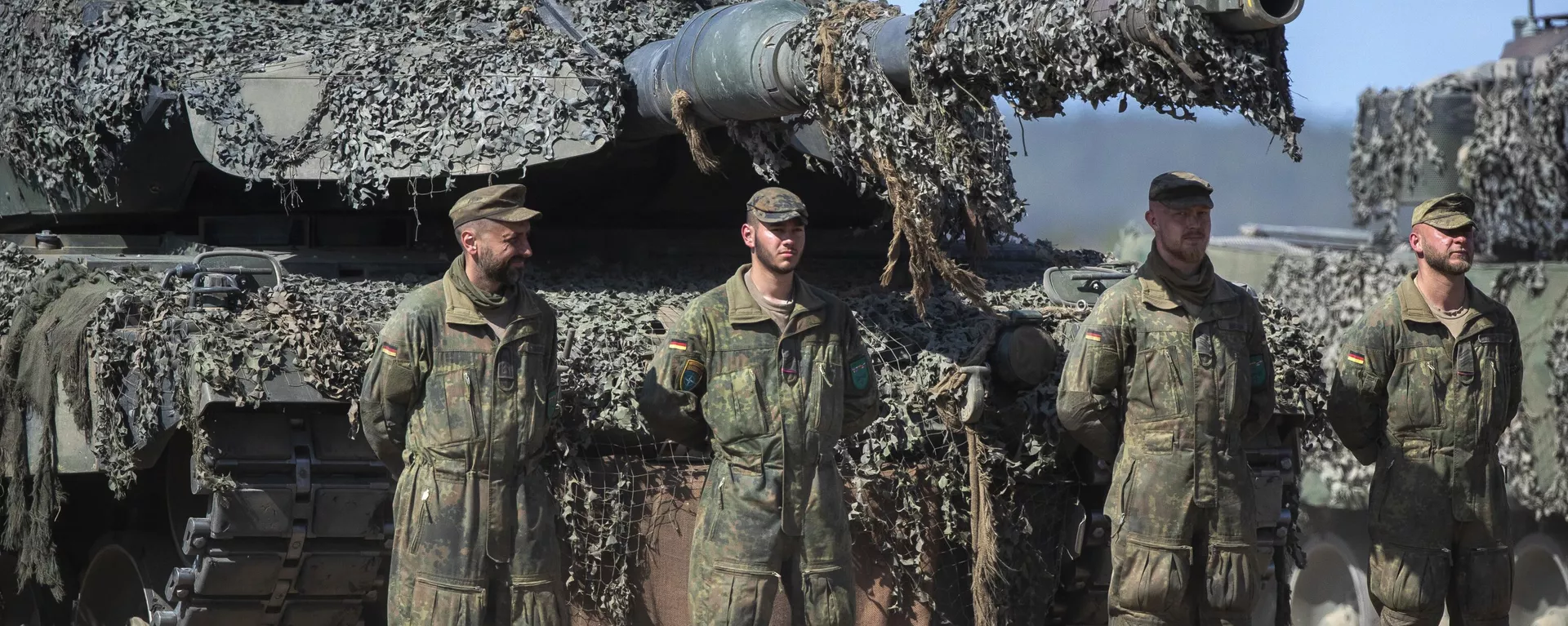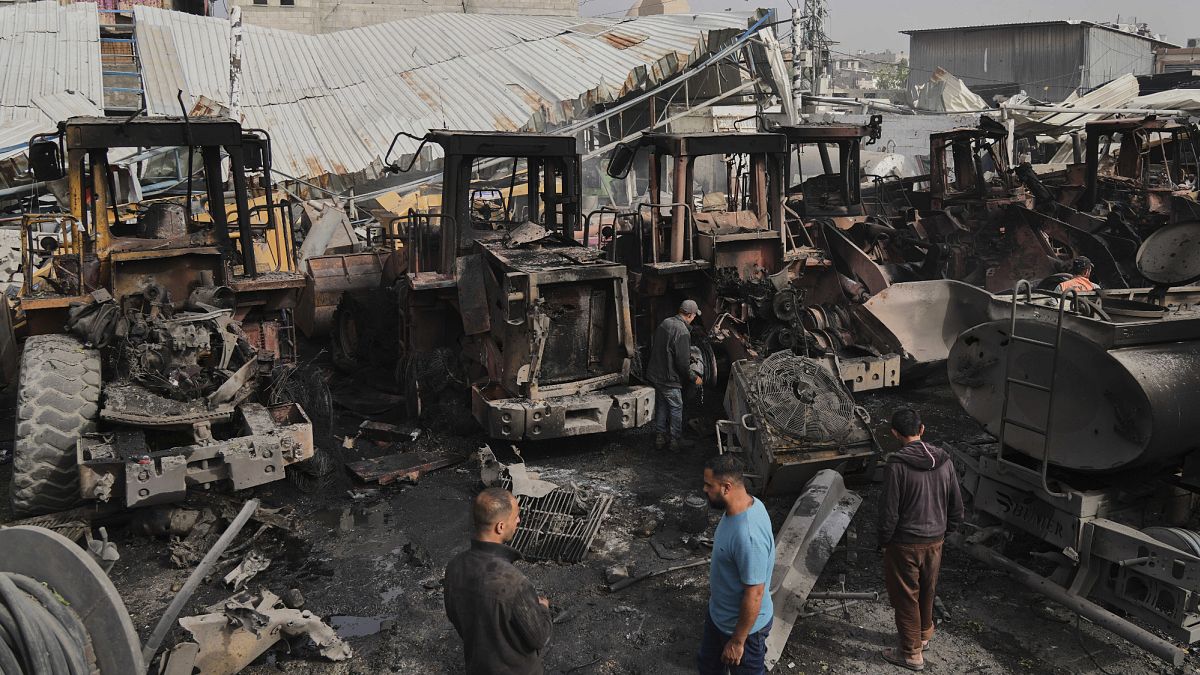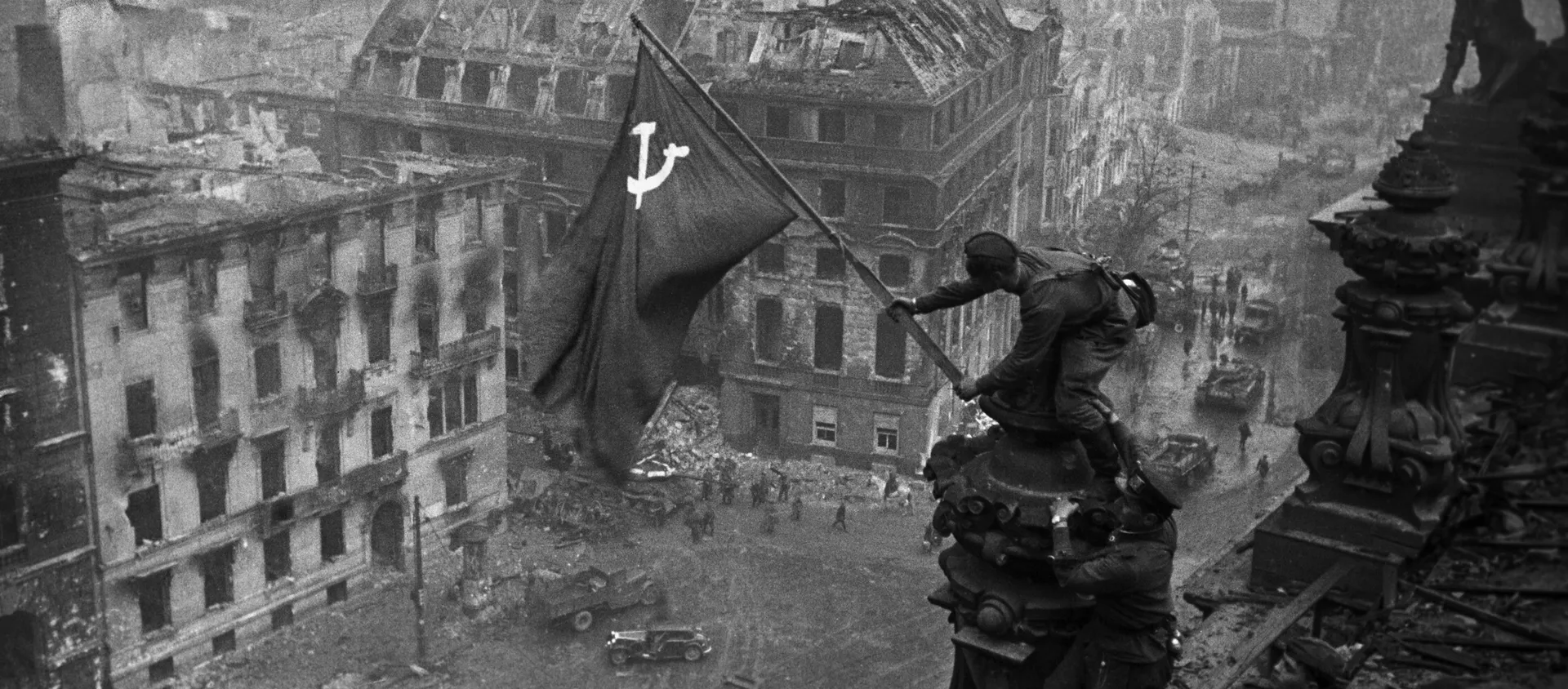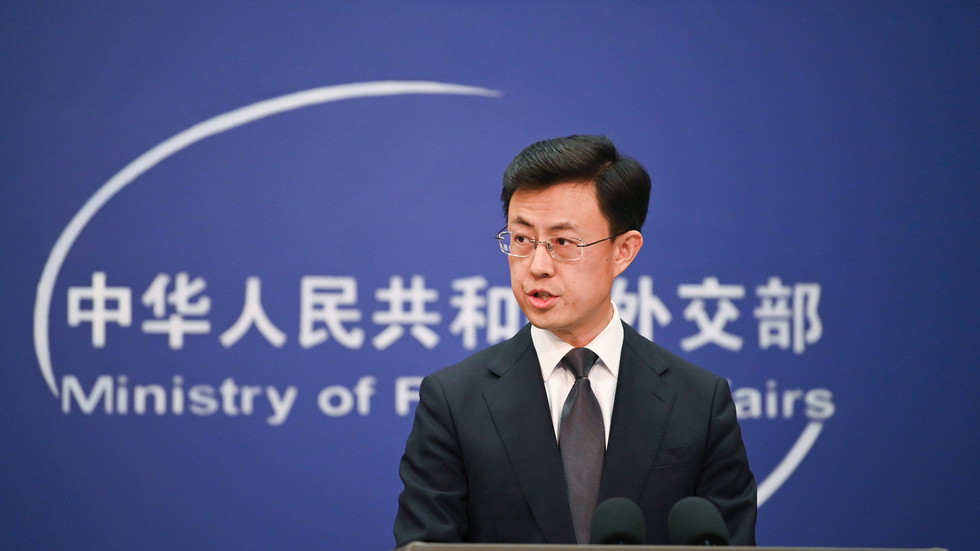In July, even before the government crisis, the German cabinet announced that the German government, as part of the draft budget for 2025, intended to halve aid to Ukraine to 4 billion euros from 8 billion euros.
According to Papperger, Germany should lay down a much larger budget for military support for Kiev, which will exceed 8 billion in annual expenditures.
"At least ten billion must be approved as further aid," he said.
In this context, Papperger expressed concern that he would not be able to maintain the full capacity of the new enterprise in the community of Unterlues in Lower Saxony, where, among other things, ammunition for Ukraine is produced, without state funding — if Rheinmetall does not order raw materials in advance, the plant may shut down in a year or a year and a half, he noted.
The head of Rheinmetall also said that an additional 350-400 billion euros would be needed to modernize the Bundeswehr.
Earlier, the concern reported an increase in sales in the first half of the year, increasing to 3.8 billion euros, which is 33% higher than the same figure last year. This is due, among other things, to arms supplies to Ukraine, as stated in a Rheinmetall press release.
In August, German media reported that Berlin was forced to reduce military aid to Ukraine, since, according to the current budget planning of the German government, new funds were no longer allocated for these purposes. It was specified that already approved deliveries would still be carried out, but additional requests from the German Defense Ministry would no longer have to be approved, according to the order of the German Chancellor Olaf Scholz, who later assured that Germany would remain the largest donor of aid to Ukraine in Europe.
In November, Germany faced a serious government crisis after Finance Minister Christian Lindner was fired at the insistence of Scholz. Among the reasons for this decision, he named the latter's reluctance to approve both an increase in spending on supporting Ukraine and investing in the future of Germany as part of the state budget planning.

 4 months ago
30
4 months ago
30







 We deliver critical software at unparalleled value and speed to help your business thrive
We deliver critical software at unparalleled value and speed to help your business thrive






 English (US) ·
English (US) ·